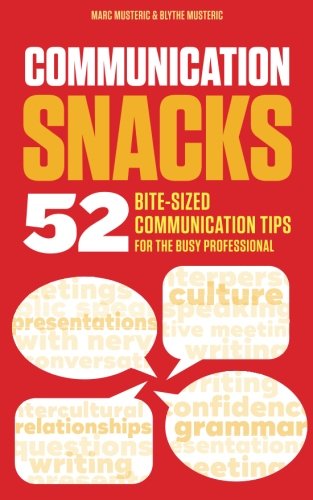Listen to the audio recording below.
PLUS and PRO Members can download this file! Click here to join.
The individual sounds that letters make are important in English. If you mispronounce certain sounds, people will have a hard time understanding you. Listen to the recording of these words, phrases, and sentences.
Practice these tongue twisters to move your mouth in difficult patterns.
- Six ships sit silently on the shore.
- Would Walt want one wonderful window?
- Five valuable vases were valued at fifteen billion.
- Larry likes flies on his French fries.
- Pam bans people from blasting punk beats.
- Dan ran the distance race with Ron.
Practice these sound combinations to make your mouth move in difficult patterns.
(voiced and unvoiced sounds / front and back / up and down)
- guh - tuh - guh - tuh - guh - tuh - guh - tuh
- luh - juh - luh - juh - luh - juh - luh - juh
- buh - muh - buh - muh - buh - muh - buh - muh
- shuh - vuh - shuh - vuh - shuh - vuh - shuh - vuh
- muh - suh - muh - suh - muh - suh - muh - suh
- duh - the - duh - the - duh - the - duh - the
In the following 10 sentences, the final word in each pair of sentences has only one sound difference.
- Do you see a view?
- Do you see a few?
- I don’t want to go to Yale.
- I don’t want to go to jail.
- He bought new sheets.
- He bought new seats.
- I broke my back.
- I broke my pack.
- I called Sue.
- I called the zoo.

 About MyOvient
About MyOvient Contact Us
Contact Us



